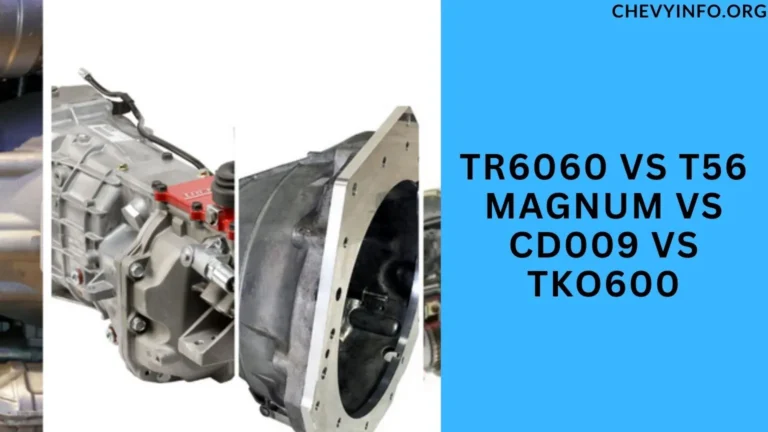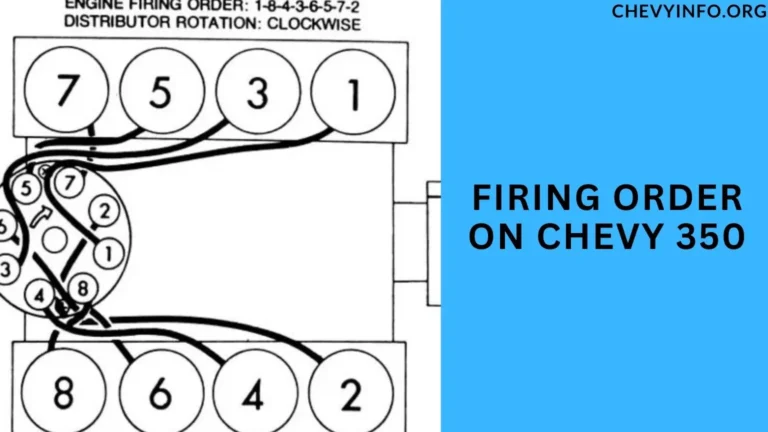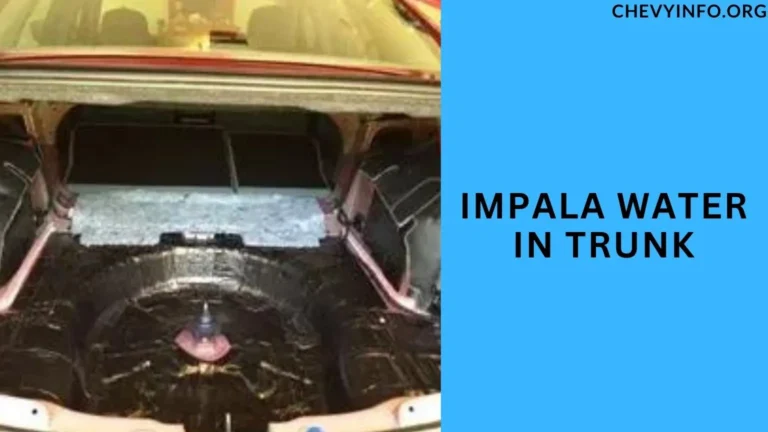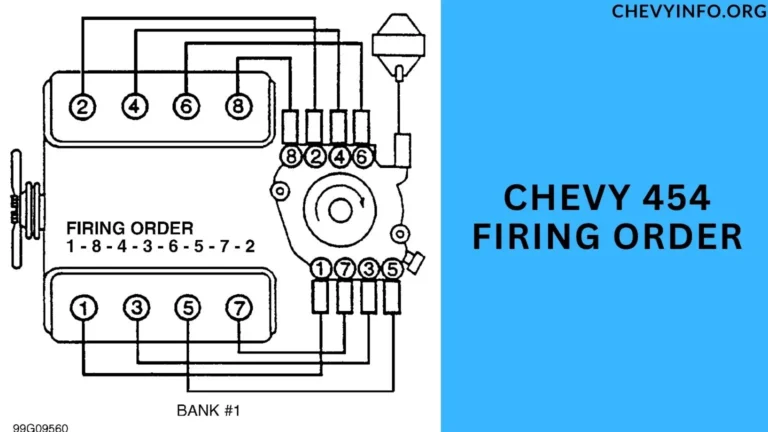C6 Corvette Years to Avoid (Explained) of 2024
The Chevrolet Corvette, especially the C6 generation, has garnered a loyal following among automotive enthusiasts.
C6 Corvette Years to Avoid, However, not all model years are created equal, and knowing which ones to avoid can save buyers from potential headaches down the road.

Introduction to the C6 Corvette
The C6 Corvette, produced from 2005 to 2013, represented a significant leap forward in terms of performance and design compared to its predecessors. With a powerful V8 engine and sleek styling, it quickly became a favorite among sports car aficionados.
Significance of Identifying Problematic Years
When considering purchasing a C6 Corvette, understanding the problematic years is crucial. It can mean the difference between owning a thrilling driving experience or dealing with constant mechanical issues.
Common Issues in C6 Corvettes
Before delving into specific years, let’s explore some common issues that C6 Corvettes may experience:
Here are some of the most prevalent problems reported by C6 Corvette owners:
Transmission Troubles:
One of the recurring issues in C6 Corvettes involves transmission problems, including:
- Automatic Transmission: Reports of rough shifting, slipping gears, and in some cases, complete transmission failures.
- Manual Transmission: Clutch issues such as premature wear, difficulty shifting, or clutch pedal malfunctions.
Electrical Gremlins:
Like many modern vehicles, C6 Corvettes are prone to electrical system malfunctions, such as:
- Instrument Cluster Issues: Erratic gauge readings, malfunctioning warning lights, or complete instrument cluster failures.
- Power Window and Door Lock Problems: Intermittent failures of power windows or door locks, often attributed to wiring or switch issues.
Suspension Challenges:
Some C6 Corvette owners have reported suspension-related problems, leading to:
- Shock Absorber Leaks: Dampers leak fluid, resulting in reduced suspension performance and comfort.
- Control Arm Bushing Wear: Premature wear of control arm bushings, causing handling issues and uneven tire wear.
Cooling System Concerns:
Overheating is a common complaint among C6 Corvette owners, with issues such as:
- Coolant Leaks: Leaks from hoses, radiators, or water pumps lead to coolant loss and engine overheating.
- Faulty Radiator Fans: Inoperative or malfunctioning radiator fans causing inadequate cooling under heavy load or in hot conditions.
Interior Quality Issues:
While not strictly mechanical, interior quality problems have been noted, including:
- Dashboard Cracks: Cracks developing on the dashboard due to material aging and sun exposure.
- Seat Wear: Premature wear or tearing of leather or upholstery on seats, especially in higher-mileage vehicles.
Braking System Problems:
Some C6 Corvette models have experienced issues with their braking systems, such as:
- Brake Caliper Sticking: Calipers fail to retract properly, leading to uneven brake wear and potential brake drag.
- ABS Sensor Failures: Malfunctioning ABS sensors cause ABS warning lights to illuminate and potential loss of ABS functionality.
Engine Performance Issues:
While the C6 Corvette’s engines are generally robust, there have been reports of:
- Oil Consumption: Some engines consume oil at higher rates than expected, requiring frequent top-ups between oil changes.
- Carbon Buildup: Carbon deposits on intake valves affect engine performance and fuel efficiency, especially in high-mileage vehicles.
C6 Corvette Years to Avoid
While the C6 Corvette is generally reliable, there are specific years that stand out for their higher incidence of problems:
- 2005: The inaugural year of the C6 generation had teething issues, including electrical glitches and interior quality concerns.
- 2006: Similar to 2005, 2006 models faced reliability issues, particularly with transmissions and differential components.
- 2007: This year saw improvements but still had lingering problems related to fuel systems and interior trim issues.
- 2008: While generally more stable, 2008 C6 Corvettes had occasional issues with fuel delivery systems and electronics.
- 2009: A relatively better year, but some reports mention steering and suspension issues in certain vehicles.
- 2010-2013: These later years are generally considered more reliable, with fewer reported problems compared to earlier models.
Detailed Analysis of Problematic Years

Let’s delve deeper into the issues faced by each of the problematic years:
- 2005 and 2006: Transmission failures were a significant concern, along with electrical gremlins affecting various onboard systems.
- 2007: Fuel system problems were prominent, leading to potential performance issues and occasional interior trim defects.
- 2008: Fuel delivery issues persisted in some vehicles, accompanied by sporadic electronic glitches.
- 2009: Reports of steering rack failures and suspension components needing replacement were more common.
- 2010-2013: While not entirely issue-free, these years generally had fewer major complaints compared to earlier models.
Potential Solutions
For owners or prospective buyers of C6 Corvettes from problematic years, here are some tips:
Thorough Inspection
Before purchasing, have a qualified mechanic inspect the vehicle for any signs of known issues.
Regular Maintenance
Follow manufacturer-recommended maintenance schedules to address potential problems early.
Upgraded Components
Consider upgrading critical parts like transmissions or cooling systems for improved reliability.
Recall Checks
Verify if any recalls apply to the specific model year and address them promptly.
Driving Habits
Gentle driving and avoiding harsh conditions can prolong the lifespan of vulnerable components.
People also ask
What is the best year of a C6 Corvette?
The “best” year for a C6 Corvette depends on individual preferences and priorities. However, many enthusiasts consider the 2008 model year as one of the best due to its refined design, improved reliability compared to earlier years, and the introduction of features like a revised interior and enhanced performance options.
Are C6 Corvettes reliable?
C6 Corvettes are generally considered reliable vehicles, especially in later model years. However, like any car, their reliability can vary depending on factors such as maintenance history, driving habits, and specific model year.
What year model Corvette to avoid?
It’s advisable to approach with caution the earlier model years of the C6 Corvette, particularly the 2005 to 2009 models, due to reported issues such as transmission problems, electrical gremlins, and other mechanical concerns.
What year did Corvette have the least problems?
The later years of the C6 Corvette, specifically the 2010 to 2013 models, are generally considered to have fewer reported problems compared to earlier years, making them potentially more reliable options for buyers.
Conclusion
In conclusion, while the C6 Corvette offers exhilarating performance, it’s essential to be aware of potential pitfalls, especially in certain model years. By understanding which years to avoid and taking proactive measures, enthusiasts can enjoy their C6 Corvettes with fewer surprises.
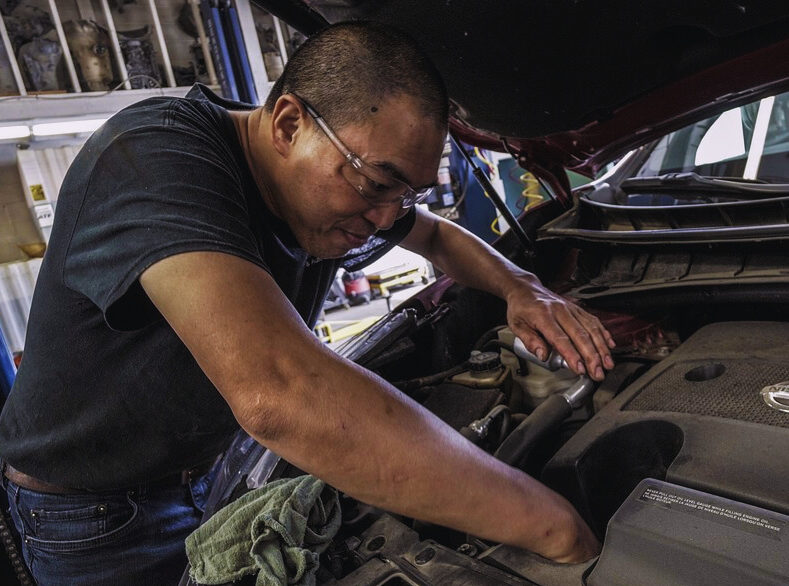
Henry Worner, a seasoned automotive expert with over 13 years of experience in car repair, maintenance, and performance enhancement, ChevyInfo.org was born out of a passion for Chevrolet vehicles. Henry’s deep-rooted love for everything Chevy has driven him to create a platform where fellow enthusiasts, car owners, and anyone interested in Chevy cars can find valuable insights, tips, and guidance.


